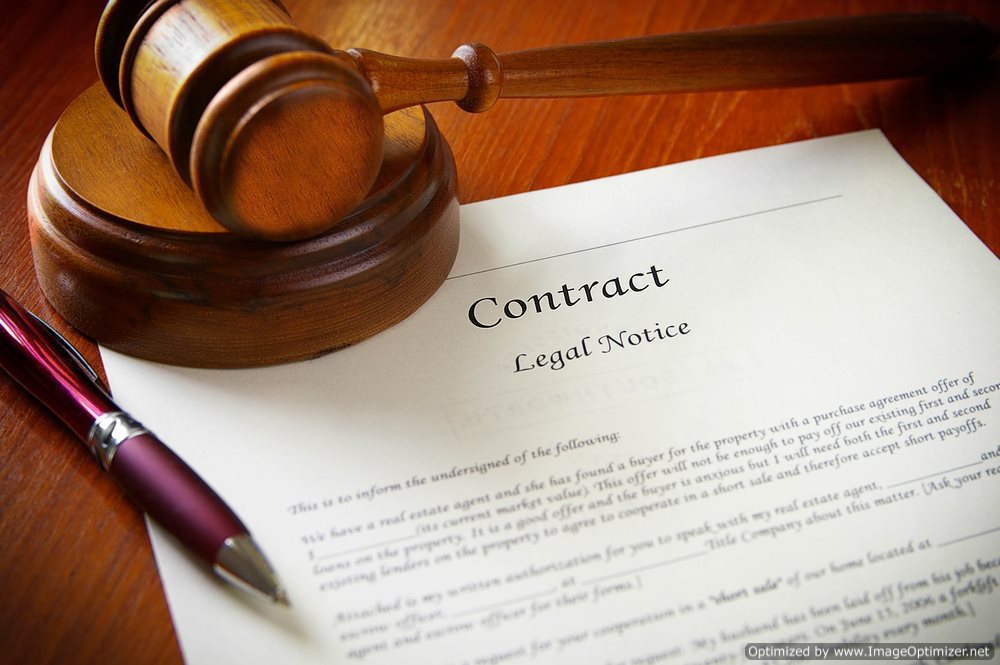Understanding the Role of a Corporate Lawyer
What is a Corporate Lawyer?
A corporate lawyer is a legal professional who specializes in corporate law; the individual typically works for a company and is required to ensure that their respective lawyer adheres to corporate law of the jurisdiction in which the company resides. All companies in developed nations have a team of corporate lawyers. In addition to ensuring compliance issues and the adherence to corporate law, these individuals will also negotiate and construct contracts to ensure that due diligence and the various laws surrounding business deals are complied with.
As of 2010, there were approximately 72,000 corporate lawyers in the United States; these individuals work on average 50 hours a week with a mean starting salary of 64,000. The corporate lawyer salary will increase to roughly 95,000 after 5 years of work and over 140,000 after 10-15 years.
The role of the basic corporate lawyer is to ensure the legality of all commercial transactions that the business undertakes. In addition, the corporate lawyer must advise his or her corporation on their legal rights and duties, including the responsibilities of the company’s corporate officers. In order to fulfill such responsibilities, a corporate lawyer must possess advanced knowledge of contract law, securities law, tax law, accounting, bankruptcy, intellectual property rights, zoning laws, licensing laws and the laws specific to the business that they work for.

Difference between a Corporate Lawyer and a Trial Lawyer:
The practice of corporate law, in most instances, is far less adversarial than that of a trial lawyer. The majority of responsibilities, most notably those tied-into drawing up contracts, feature legal professionals who are less combative and more facilitating. This nature is necessary to complete a business deal—the corporate lawyer aims to adhere to corporate law while doing his or her best to affirm the transaction. This initiative is held in contrast to a trial lawyer who aims to defeat the opposition in a legal battle.
In regards to corporate lawyers, there are rarely wronged parties or inequities in the financial means of the participants; a corporate lawyer will structure business transactions, draft documents, review agreements, attend meetings and negotiate deals.
The specific role of a corporate lawyer is largely dependent on the size, structure and type of business that he or she works for. A small-company corporate lawyer, for instance, may deal with short-term jobs, such as drafting divorce settlements, wills or real estate transactions, while a corporate lawyer in a larger firm may spend months or years devoted to a single business transaction.